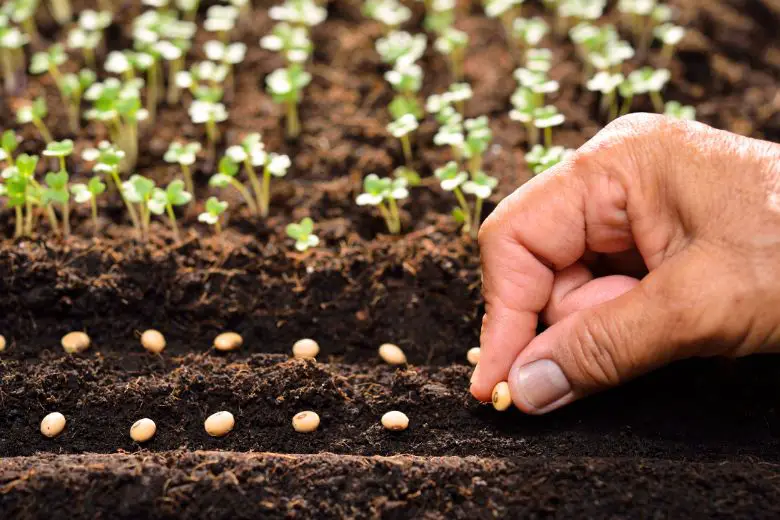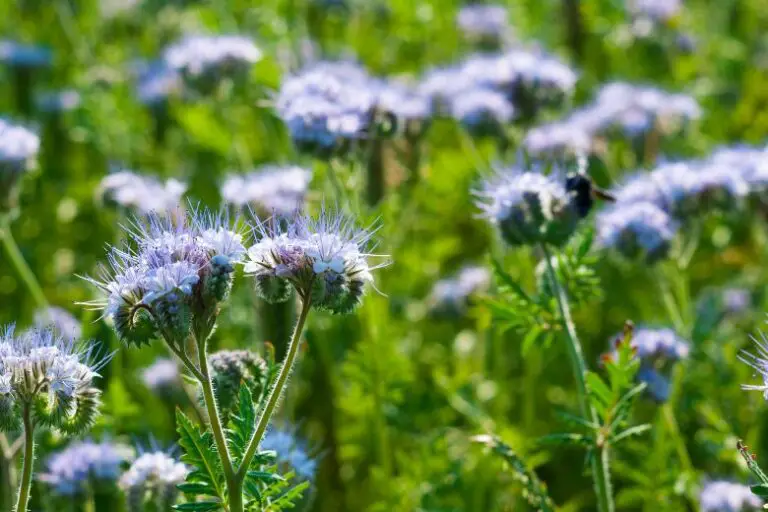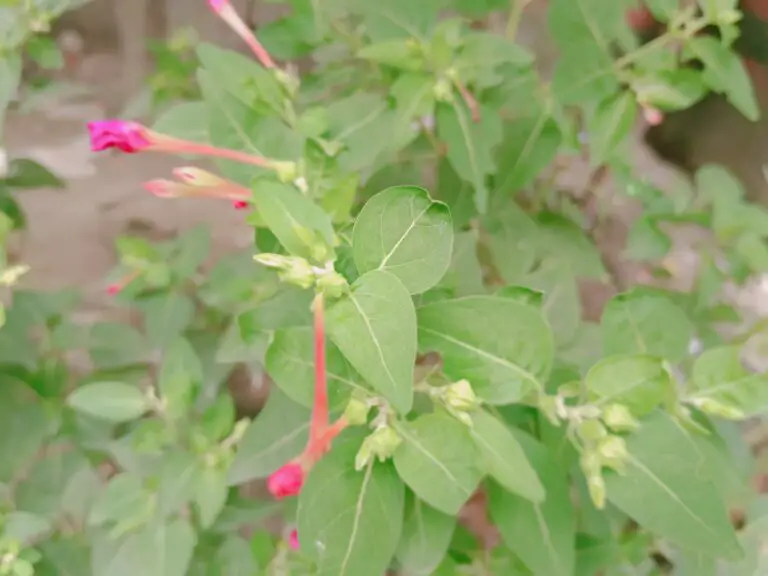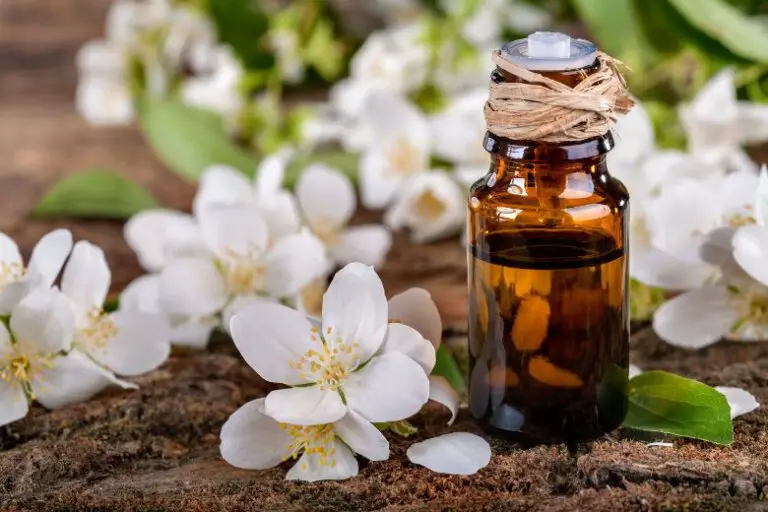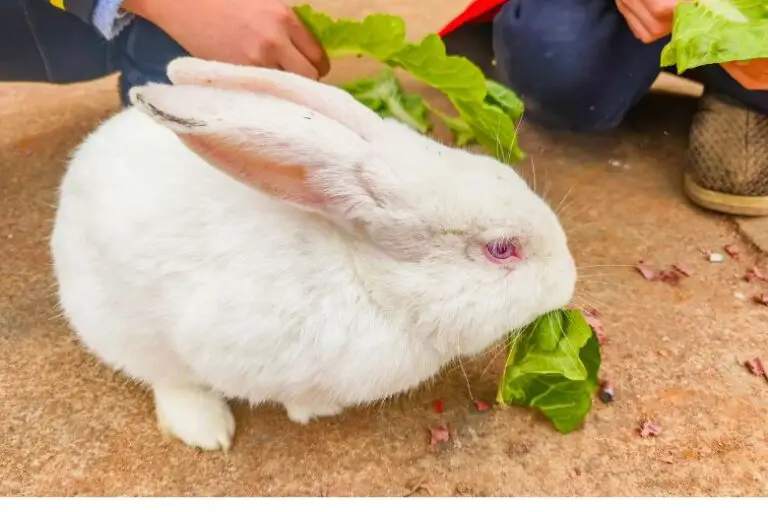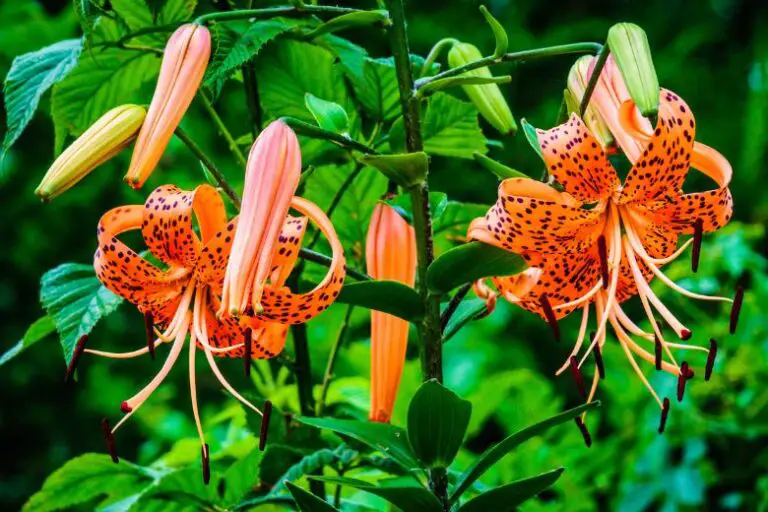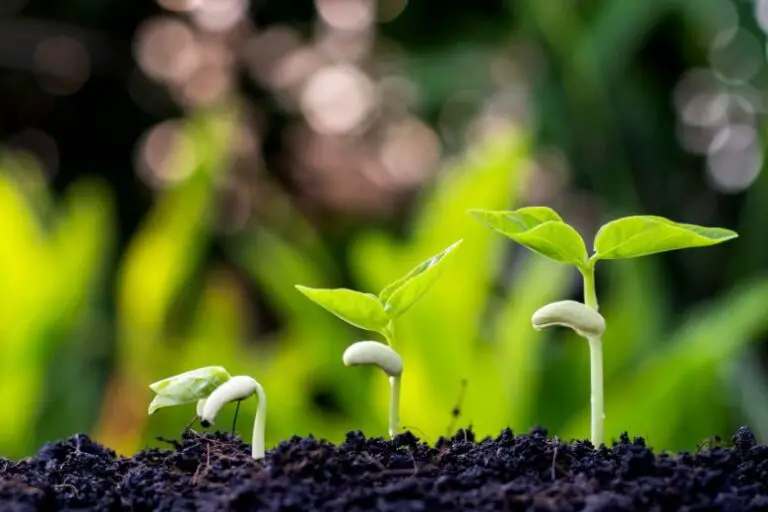Can You Grow a Rose from Seed
Roses are renowned for their beauty and fragrance, and many gardeners dream of growing their own roses from seed. While roses are commonly propagated through cuttings or grafting, growing them from seed can be a rewarding and exciting endeavor. In this article, we will explore the process of growing roses from seed, step by step, and provide you with all the information you need to successfully nurture your own rose plants.
Understanding Rose Seeds
Before delving into the process of growing roses from seed, it’s essential to understand the basics of rose seeds. Rose seeds are typically found inside rose hips, which are the fruit-like structures that develop after the rose flowers fade away. Different rose varieties produce seeds with varying characteristics, including color, fragrance, and growth habits. When choosing rose seeds, consider factors such as hardiness, disease resistance, and the desired characteristics of the resulting roses.
Preparing for Rose Seed Planting
To ensure the success of your rose seed planting venture, it’s important to prepare adequately. Start by gathering the necessary materials, including high-quality potting soil, seed trays or pots, and a spray bottle for watering. Select a suitable planting location that receives ample sunlight and has well-draining soil. Prepare the soil by removing any weeds or debris and amending it with organic matter to improve its fertility.
Planting Rose Seeds
Planting rose seeds requires attention to detail and proper techniques. Begin by scarifying the seeds, which involves creating small scratches on their surface to promote germination. Follow a step-by-step guide for planting rose seeds, ensuring you plant them at the appropriate depth and spacing. Provide adequate moisture by misting the soil regularly, and place the seeds in a warm location with indirect sunlight.
Germination and Seedling Care
Once the rose seeds are planted, the germination process begins. Be patient, as it can take several weeks for the seeds to sprout. During this period, maintain consistent moisture and temperature levels to facilitate germination. As the seedlings emerge, provide them with gentle care, protecting them from harsh weather conditions and providing them with sufficient light. Watch out for pests and diseases and take appropriate measures to protect the young seedlings.
Transplanting Seedlings
When the rose seedlings have grown strong enough, it’s time to transplant them into larger containers or the garden. Determine the right time for transplanting based on the size and vigor of the seedlings. Handle the seedlings carefully, ensuring minimal disturbance to the delicate roots. Gradually acclimate them to the outdoor environment and provide ongoing care to support their growth.
Nurturing and Pruning Roses
As your rose plants mature, they require ongoing care to thrive. Water the plants regularly, making sure the soil is moist but not waterlogged. Fertilize the roses with a balanced rose fertilizer to promote healthy growth and abundant blooms. Apply a layer of mulch around the plants to conserve moisture and suppress weeds. Prune the roses annually to remove dead or damaged branches and shape the plants for optimal growth.
Overcoming Challenges in Rose Seed Growing
Growing roses from seed may come with challenges along the way. Common issues include diseases, pests, and unfavorable environmental conditions. Identify any problems promptly and take appropriate measures to address them. Learn about common rose diseases and pests, and implement preventive measures to protect your plants. Pay attention to environmental factors such as temperature, humidity, and sunlight, and make adjustments as necessary.
Harvesting and Enjoying Your Roses
After patiently nurturing your rose plants from seed, the day will come when you can finally harvest and enjoy their beautiful blooms. Recognize when the roses are ready for harvest by observing their color, fragrance, and petal texture. Use sharp pruning shears to cut the roses early in the morning when they are at their freshest. Arrange them in a vase with fresh water, and add flower preservatives to prolong their vase life.
Frequently Asked Questions (FAQs)
- Can all roses be grown from seed?
- While it is possible to grow most roses from seed, some varieties may produce more desirable results when propagated through cuttings or grafting.
- How long does it take for rose seeds to germinate?
- Rose seeds typically take two to eight weeks to germinate, depending on various factors such as temperature, moisture, and seed quality.
- Can I plant rose seeds directly in the garden?
- It is generally recommended to start rose seeds indoors in seed trays or pots and then transplant the seedlings into the garden when they are more robust.
- Are there any special care instructions for hybrid rose seeds?
- Hybrid rose seeds may require extra care, as they can exhibit a wider range of characteristics and may need specific conditions for optimal growth.
- What are some common mistakes to avoid when growing roses from seed?
- Some common mistakes include overwatering, inadequate sunlight, poor soil preparation, and improper handling during transplanting. Ensure you follow proper guidelines to avoid these pitfalls.
Conclusion
Growing roses from seed is a fulfilling journey that allows you to witness the magic of nature as tiny seeds transform into beautiful blooms. By following the steps outlined in this article and providing attentive care, you can successfully grow your own roses from seed. Enjoy the process, learn from the challenges, and soon, you’ll be rewarded with a vibrant and colorful rose garden that brings joy and delight to your home.

